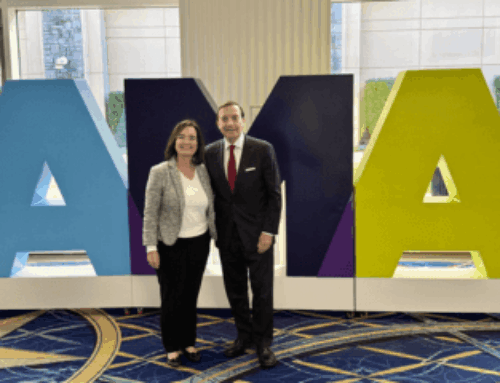On Dec. 2, 2020, CMS published the much-anticipated final rule, “Modernizing and Clarifying the Physician Self-Referral Regulations,” which establishes exceptions to the physician self-referral law — known as the Stark Law — for certain value-based compensation arrangements between or among physicians, providers, and suppliers.
The rule change was aimed at accelerating “the transformation of the health care system into one that better pays for value and promotes care coordination.” The new rule does not eliminate the need for Stark review and compliance. Although the effective date of the policy is Jan. 19, 2021, it is important to note that the incoming Biden administration may delay or alter the implementation of the final rule.
Value-based arrangements are the core of the new exemptions in the rule, which creates tiers of financial risk regarding these arrangements. The three tiers are: full financial risk, substantial or meaningful risk (20-30% of loss), and other care coordination that presents lower financial risk (in-kind exchanges of value) between participants in a value-based enterprise. Laboratories and suppliers of durable medical equipment, prosthetics, orthotics, and supplies (DMEPOS), although excluded from the safe harbors in the rule, can participate in a limited capacity as defined in the rule.
While the rule change is not the universal Stark Law exception for sleep medicine physicians sought by the AASM, it may present a unique opportunity for some of our members to structure their practices in a way to take advantage of the safe harbor exemptions and move toward value-based care. While monitoring the response of the Biden administration to the rule, the AASM also is consulting with outside counsel to plan a future webinar to guide our members on how to leverage the rule change and cut through the Stark red tape to provide high-quality, coordinated care for Medicare patients who have obstructive sleep apnea (OSA).





